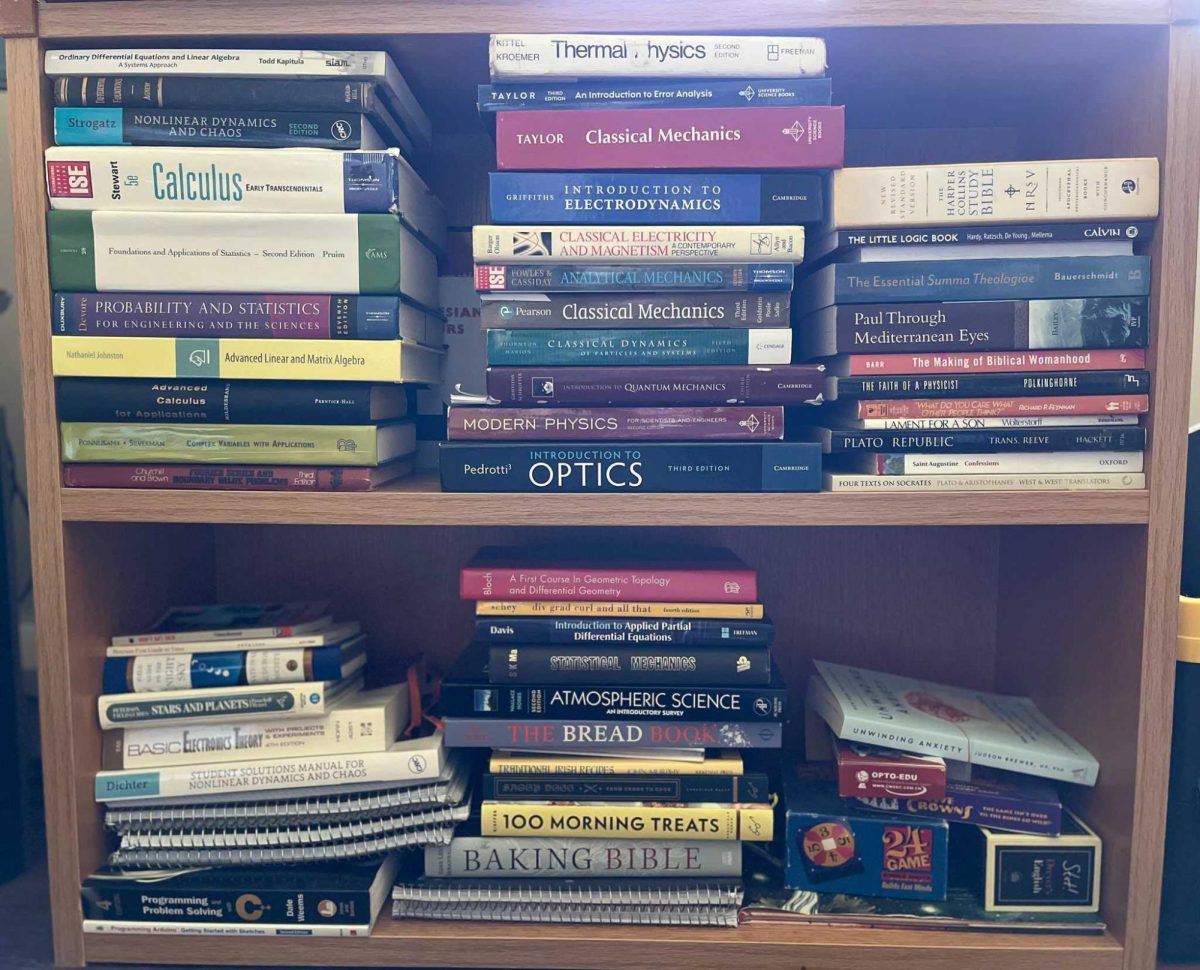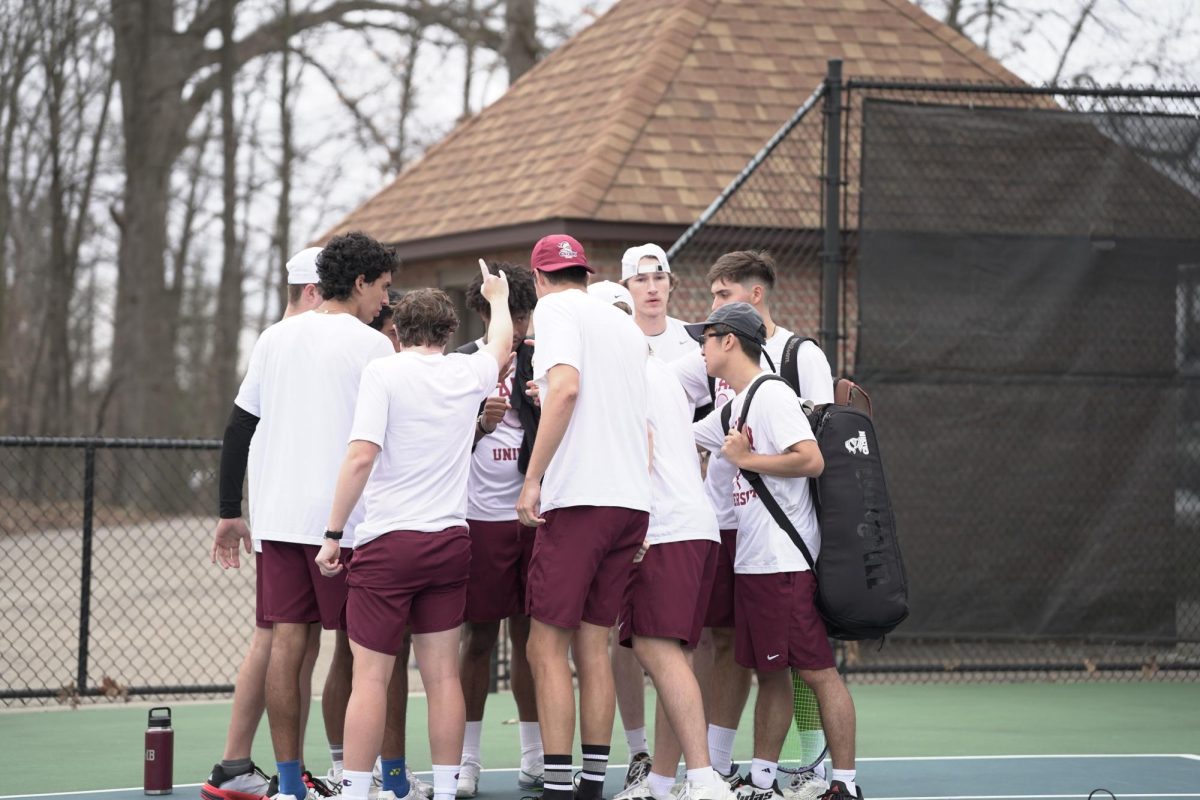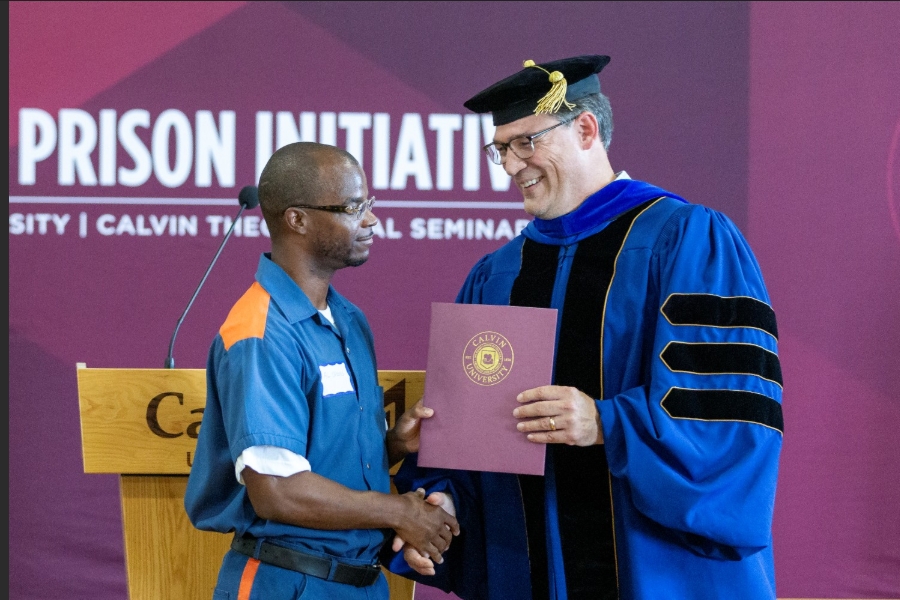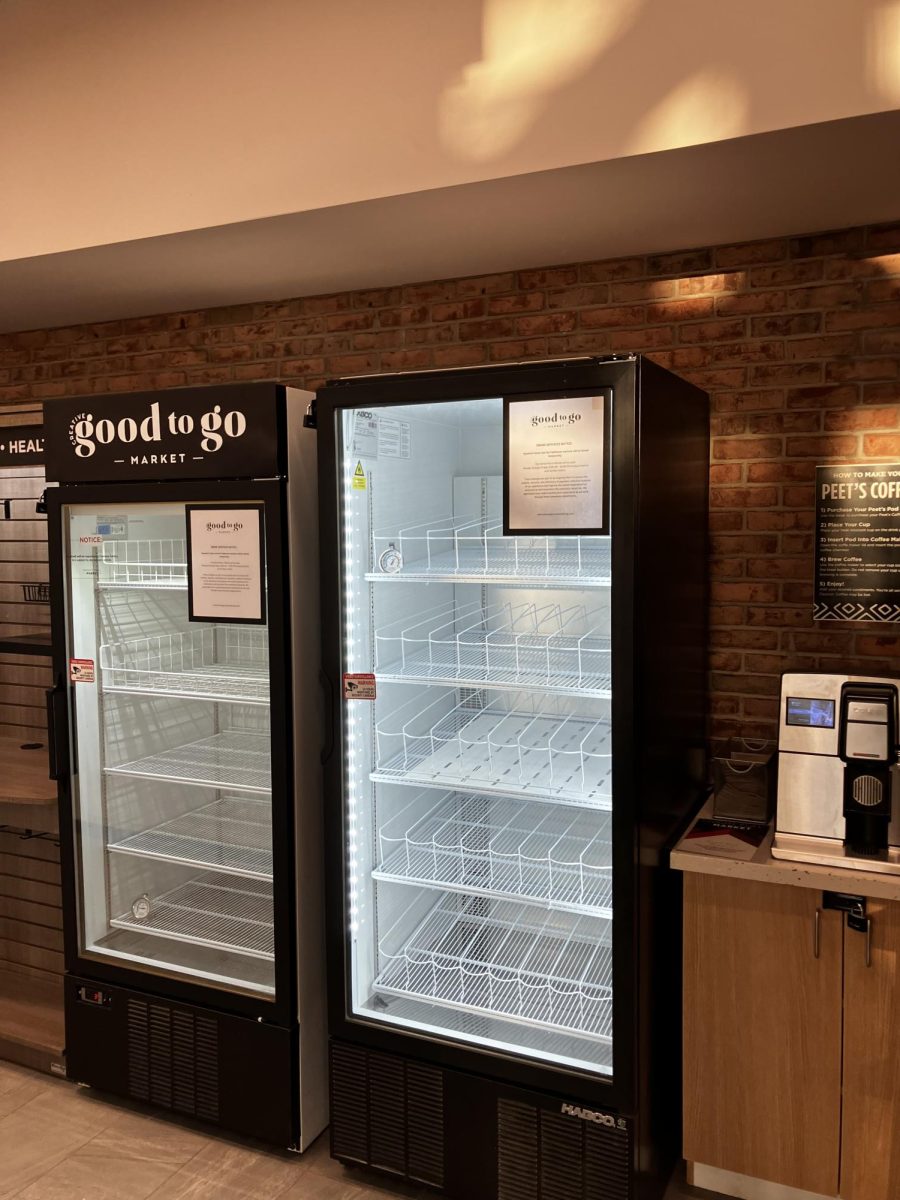Half-semester courses start this week, and for students picking up a class, that means it’s time to buy textbooks again. For sophomore Ella Vanden Berg, the $130 she’s spending on an economics course pack this semester is “probably the most expensive textbook” Vanden Berg has had to purchase.
With textbooks sometimes adding several hundred dollars per semester to expenses, students are increasingly seeking creative ways to get the books they need. Betsy Schafer, team leader at the campus bookstore, said that a majority of the transactions the bookstore now conducts are book rentals rather than purchases.
Renting isn’t the only way students seek to drive down costs, however. The proliferation of online piracy websites allows students to seek out free digital copies of their books, which can sometimes be against anti-piracy laws. “We’d like people to do the right thing in terms of not doing anything illegal or accessing something that they shouldn’t be accessing, but we don’t really have any control over what people do or what they choose,” Schafer said.
Not all textbooks and other class materials available for free online are there illegally. Some online platforms — such as OpenStax and Project Gutenberg — offer open-source or public-domain works for free to students and other noncommercial users. Recently, several departments, including computer science and math, have been adopting more and more open-source textbooks. “The market for digital textbooks has definitely increased in the past couple of years just because of a lot more students being more willing to go that route,” Schafer said.
Stacy DeRuiter, associate professor of mathematics and statistics, says she has noticed the same. According to DeRuiter, some students prefer having a hard copy, but many students have made the switch to digital texts. DeRuiter says that “many students don’t want to pay for an expensive book they don’t feel they will reuse.”
“There will always be some people who enjoy having a hard textbook, but if you can go digital and you’re okay with that format, it’s usually a lot cheaper,” Schafer told Chimes.
Buying from sellers outside Calvin is another route some Calvin students take. Levi Carr, a senior studying physics and math, used to get most of his textbooks through the Calvin bookstore. While Carr told Chimes he hasn’t had any bad experiences through the bookstore, he’s recently started buying books through Amazon because most books are available there for a “significantly better price,” Carr said.
While many of Carr’s textbooks have been available through the digital platform SpringerLink, Carr prefers owning a hard copy. When buying textbooks, Carr appreciates Amazon’s ability to filter used books by quality. “I usually also go for used textbooks, and through Amazon, I can at least have some assurance that the book won’t be highlighted in or underlined in” Carr said.
Even in a world of increased options, there’s still a place for the bookstore. DeRuiter believes that the bookstore provides convenience and quality assurance to students. She said that if students want to buy books online, they “need to plan ahead more, … whereas if you go to the bookstore, you will have the book immediately, and you’ll be sure that it is the right one.”
According to DeRuiter, many students see textbooks as an additional expense — and an expense that surprises some students. Over her time teaching, she has seen many students try to “struggle along without the book,” even if it is required for problem sets or other homework. She also thinks that many students will wait to see if a book is really required for a course before purchasing.
Vanden Berg, who is studying politics, philosophy and economics, noted the difference in textbook costs depending on a student’s major. “Speech path and nursing — they can be some really pricey textbooks. And, fortunately, as a humanities-type major, that’s not always the case for me,” Vanden Berg said.
Schafer emphasized that the goal of the campus bookstore is to be a resource for students. “Being the local bookstore here, we like to try to work with students and help them. … When you run into changes, the bookstore can be really helpful for being willing to take things back, as opposed to if you go elsewhere, sometimes you can run into trouble as far as not being able to sell or return a book,” Schafer said.











